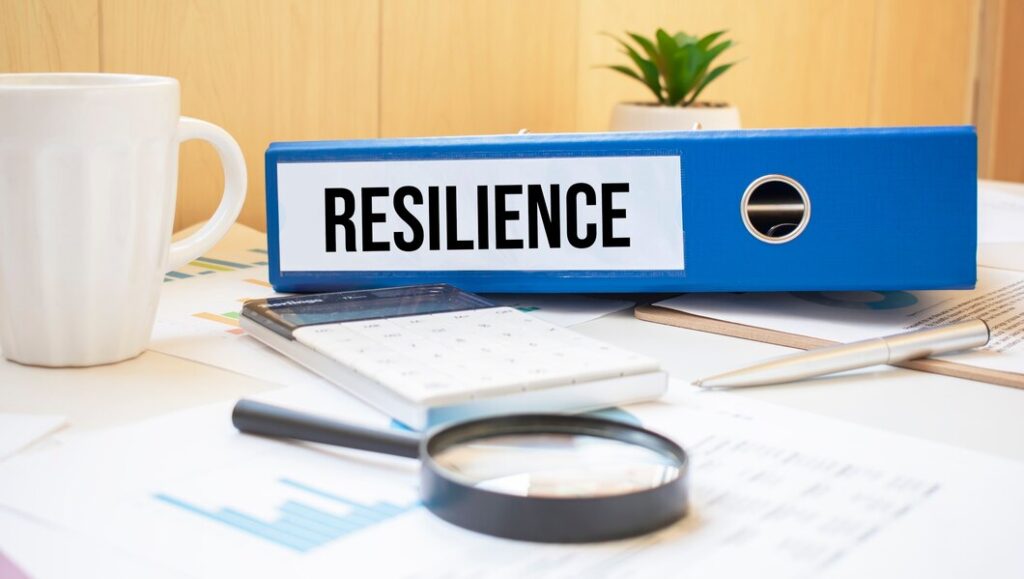The Importance of Resilience in Children
Resilience, the ability to bounce back from adversity, is not just a trait but an important developmental asset for children. It gives them the strength and flexibility to deal with life’s challenges, developing their in-built confidence and emotional well-being. To ensure that children’s resilience is honed and nurtured from a young age, there are several NGOs working in India. These NGOs work with children from underdeveloped communities to ensure they have the skills and emotional & mental intelligence to cope with problems and emerge victorious.
In this article, we examine the state of resilience and prevention programmes in India, examining their impact, challenges and changing capacity in shaping a stable future for children. Through these insights, we reveal how childrens resilience programmes shape the capacity of coming generations to cope with and overcome adversity.
Understanding Resilience in Children
Resilience in children can be defined as the capacity to adapt positively to adversity or significant sources of stress. It involves the ability to bounce back from difficult experiences, learn from them, and thrive despite challenges. This trait is not innate but can be nurtured and developed through supportive environments, relationships, and experiences.
Resilience is crucial to child development as it promotes emotional well-being, mental health, and overall positive adjustment. Children who exhibit resilience are better equipped to manage stress, regulate emotions, and maintain a sense of optimism and hope even in difficult circumstances. This ability enhances their personal growth and strengthens their relationships with peers, family, and community members.
Several factors influence the development of resilience in children. These include:
- Supportive Relationships: Positive relationships with caregivers, peers, and mentors provide children with emotional support, guidance, and role models.
- Safe and Stable Environment: A secure and stable home environment, access to basic needs, and consistency in caregiving contribute to a child’s sense of security and resilience.
- Positive Role Models: Children can be inspired and taught effective coping strategies by having access to positive role models who demonstrate resilience and problem-solving skills.
- Cognitive Skills: Developing cognitive skills such as problem-solving, decision-making, and self-regulation enhances a child’s ability to cope with challenges and setbacks.
- Community Support: Supportive communities, schools, and social networks that provide resources, opportunities for engagement, and a sense of belonging can bolster a child’s resilience.
Promoting resilience early in life is crucial as childhood experiences lay the groundwork for lifelong resilience. Early resilience and prevention programmes, educational initiatives, and supportive environments can significantly impact a child’s ability to overcome adversity and thrive.
The Role of NGO Childrens Resilience Programmes
Bal Raksha Bharat (also known as Save the Children) recognises India’s vulnerability to natural disasters and climate events like earthquakes, floods, cyclones, and droughts, which especially impact urban areas and vulnerable communities. Acknowledging the implications of environmental changes on food security and health, particularly for children and their families, Bal Raksha Bharat focuses on building resilience.
Through its Resilience and Climate Change Adaptation programmes, Bal Raksha Bharat prioritises empowering marginalised children, families, and communities. This includes enhancing awareness of disaster preparedness, building sustainable livelihoods, and promoting community-led conservation efforts. Special attention is given to empowering women and girls, ensuring their active participation in resilience-building activities that safeguard their well-being and future opportunities.
Key strategies employed by Save the Children India include:
- Community Engagement and Capacity Building: Promoting climate and disaster hazard awareness and resilience skills through meaningful engagement with children, families, and community members, especially women and girls.
- Nature-Based Solutions: Implementing community-led interventions to conserve local assets such as watersheds, biodiversity, and forests, thereby enhancing resilience through sustainable environmental practices.
- Collaboration with Local Governance: Partnering with urban and rural governance bodies to develop child-centred and gender-inclusive climate adaptation plans and practices, ensuring the active participation of children in environmental conservation efforts.
- Livelihood Interventions: Providing targeted livelihood support to families most exposed to climate and disaster risks, focusing on vulnerable women with children to enhance their resilience and economic stability.
- Technological Innovation: Utilising technology for early warning systems, promoting greener energy alternatives, and creating green jobs and entrepreneurship among communities.
Through these integrated approaches, Bal Raksha Bharat seeks to build immediate resilience and empower communities to thrive in the face of ongoing environmental challenges, thereby safeguarding the well-being and future opportunities of children across India.
The Way Forward
As childrens resilience programmes continue to evolve, several emerging trends and innovative approaches are shaping their impact in India. Initiatives that integrate holistic development, including mental health support and community engagement, are proving effective in building lasting resilience among children facing challenges. Innovations such as technology-driven solutions for early warning systems and green entrepreneurship opportunities are also contributing to comprehensive resilience frameworks.
To ensure these efforts reach their full potential, there is a critical need for collective support and scaling up of these initiatives. Stakeholders across sectors—NGOs, government bodies, educational institutions, and communities—must collaborate to expand access to resilience-building resources and empower more children and families across India
